Material Flow and Waste Management
Concepts such as zero waste shops are the first milestones. However, disposal of packaging in a private final consumption contexts only accounts for just under half of the packaging quantities incurred.
For this reason, this research field deals with the following questions:
- Which packaging strategies, business models and (alternative) product service systems lead to an overall reduction of material and waste streams over the entire value chain?
- Which design requirements/ evaluation parameters arise i.a. from current waste management in order to ensure the recirculation of materials even after the use phase (for example through reusability and recyclability)?
For this, among other tings, a material flow analysis (MFA) is carried out using the example of selected products, focusing on the quantities and routes of product-related material/ waste streams. This allows both to represent the actual state and to identify hot spots as well as efficiency measures through simulations. Also, conflicts of objectives are to be uncovered. It is considered, whether optimizations / savings of packaging along the supply chain lead to increased product waste (for example in the case of food) or impair recyclability.

Sarah Julie Otto, M.SC.
Fachgebiet Kreislaufwirtschaft und Recyclingtechnologie
Straße des 17. Juni 135, 10623 Berlin
Germany
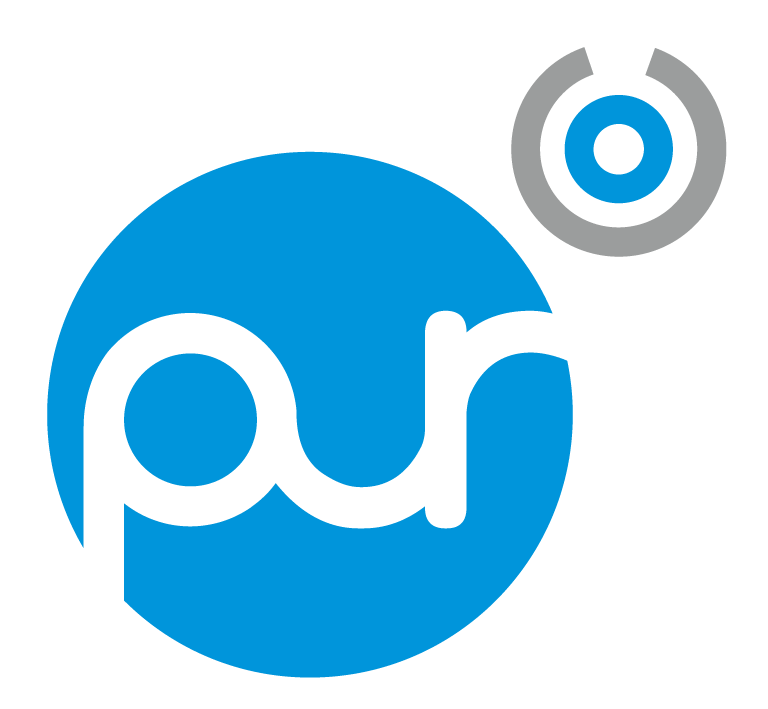
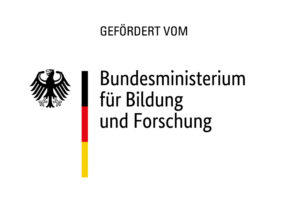 Bundesministerium für Bildung und Forschung
Bundesministerium für Bildung und Forschung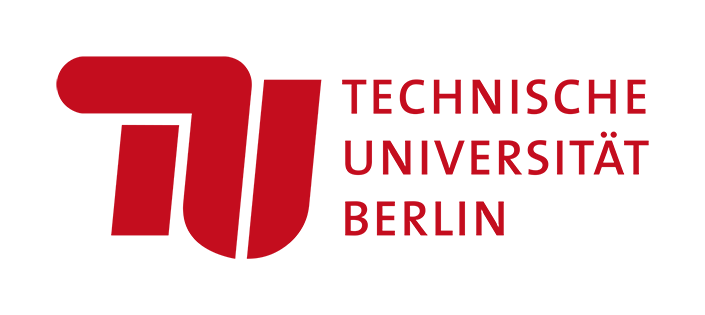 Technische Universität
Technische Universität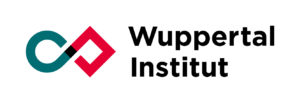 Wuppertal Institut für Klima, Umwelt, Energie gGmbH
Wuppertal Institut für Klima, Umwelt, Energie gGmbH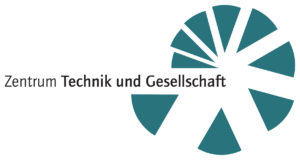 Zentrum Technik und Gesellschaft, TU Berlin
Zentrum Technik und Gesellschaft, TU Berlin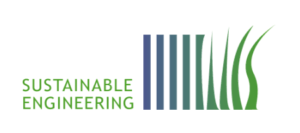 Fachgebiet Sustainable Engineering, TU Berlin
Fachgebiet Sustainable Engineering, TU Berlin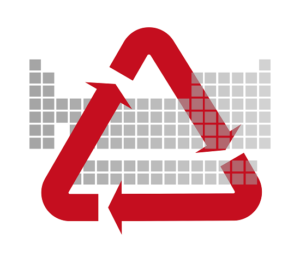 Fachgebiet Kreislaufwirtschaft und Recyclingtechnologie, TU Berlin
Fachgebiet Kreislaufwirtschaft und Recyclingtechnologie, TU Berlin